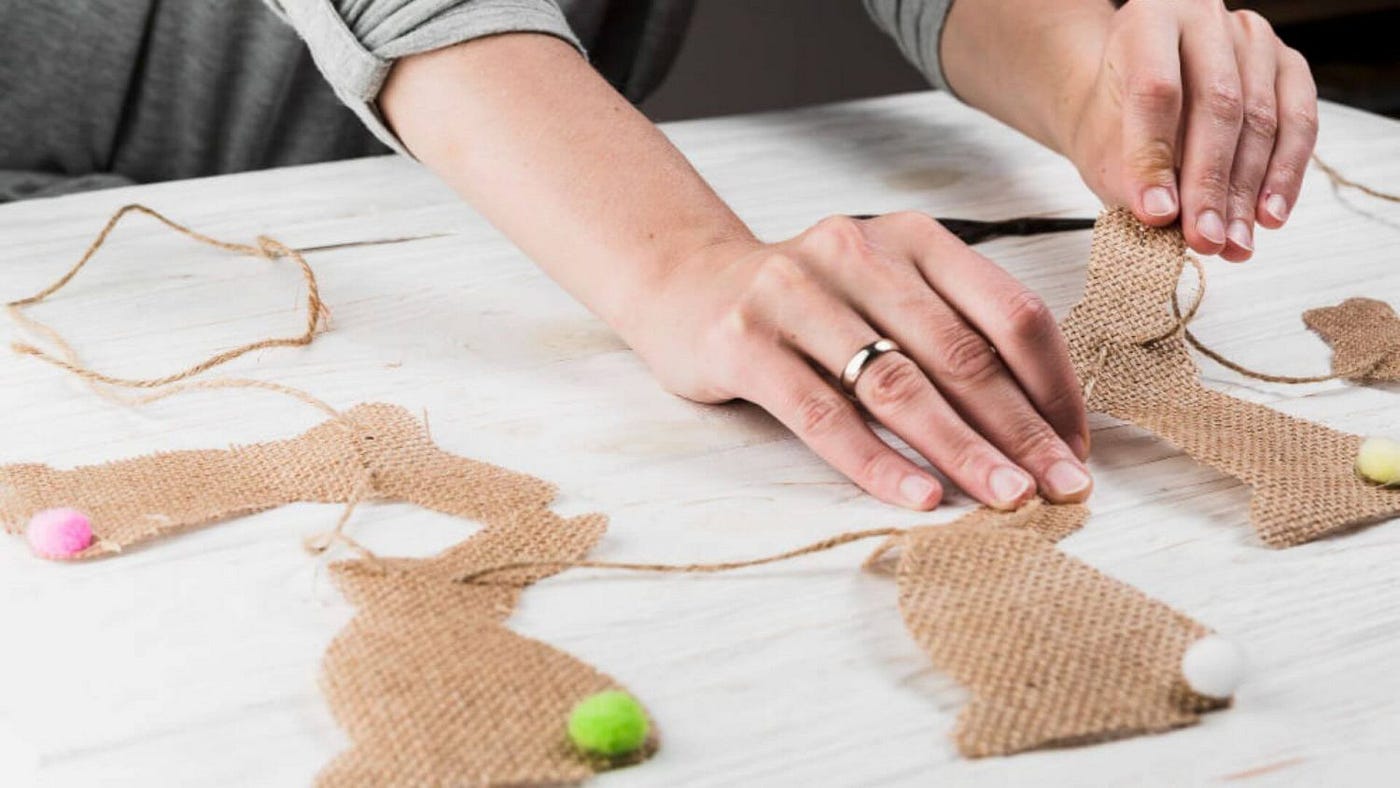Eco-Friendly Digitizing Practices: Leading the Way Towards a Sustainable Future
As the global community becomes increasingly aware of the environmental challenges we face, businesses are pivoting towards more sustainable practices. The embroidery digitizing industry in the USA is no exception. By adopting eco-friendly digitizing practices, companies like NKEMB are not only meeting their sustainability goals but also setting an example for others in the industry.
Understanding Embroidery Digitizing and Its Environmental Impact
Embroidery digitizing is the process of converting artwork or logos into a digital format that can be read by embroidery machines. This intricate process allows for precise and consistent replication of designs on various fabrics, making it a vital service for apparel and accessory manufacturers. However, like many industrial processes, embroidery digitizing has traditionally contributed to environmental issues such as waste generation, water pollution, and energy consumption.
In recent years, digitizing USA-based companies have started to recognize the importance of eco-friendly practices in embroidery digitizing. By reducing waste, optimizing energy use, and selecting sustainable materials, these companies can significantly lower their environmental footprint.
Reducing Waste in Embroidery Digitizing
One of the primary concerns in embroidery digitizing services in the USA is the generation of waste. This includes everything from the material used in creating the designs to the packaging of finished products. NKEMB has taken a proactive approach to minimizing waste by implementing several key strategies:
- Digital Design Libraries: By maintaining a comprehensive digital library of designs, companies can reduce the need for physical prototypes and samples. This not only saves material but also reduces the time and energy required to create each new design.
- Efficient Use of Materials: By utilizing advanced software and machinery, NKEMB ensures that materials are used efficiently and effectively. This reduces the amount of excess thread and fabric waste generated during the embroidery process.
- Recycling and Reusing: NKEMB has implemented a robust recycling and reusing program that includes everything from thread and fabric scraps to packaging materials. By reusing materials where possible and recycling what cannot be reused, the company is able to minimize its impact on the environment.
Energy Efficiency in Embroidery Digitizing
Energy consumption is another significant environmental concern in embroidery digitizing services in the USA. Traditional digitizing methods can be energy-intensive, contributing to greenhouse gas emissions and other environmental issues. To address this, NKEMB has implemented several strategies to optimize energy use:
- Advanced Machinery: By investing in the latest energy-efficient machinery, NKEMB is able to reduce the amount of energy required to operate its digitizing and embroidery equipment. These machines not only use less energy but also produce less heat, further reducing the company’s environmental impact.
- Renewable Energy Sources: Whenever possible, NKEMB utilizes renewable energy sources to power its operations. This includes solar panels and wind turbines, which provide clean, sustainable energy for the company’s facilities.
- Energy Management Systems: NKEMB has implemented an advanced energy management system that monitors and optimizes energy use throughout its operations. This system allows the company to identify areas where energy can be saved and make the necessary adjustments to reduce consumption.
Sustainable Materials and Practices
In addition to reducing waste and optimizing energy use, NKEMB is also committed to using sustainable materials and practices in its embroidery digitizing services in the USA. This includes everything from the threads and fabrics used in the digitizing process to the packaging materials used to ship finished products.
- Organic and Recycled Materials: NKEMB uses organic and recycled materials whenever possible. This includes organic cotton and recycled polyester threads, as well as recycled packaging materials. By using these materials, the company is able to reduce its impact on the environment and support sustainable practices in the industry.
- Non-Toxic Dyes and Inks: Traditional dyes and inks used in embroidery digitizing can contain harmful chemicals that contribute to water pollution and other environmental issues. NKEMB has made a commitment to using non-toxic dyes and inks that are safe for the environment and for the people who use them.
- Water Conservation: Water is a precious resource, and NKEMB is committed to conserving it wherever possible. This includes using water-efficient machinery and processes, as well as recycling and reusing water in its operations.
The Future of Eco-Friendly Digitizing Practices
As the demand for sustainable products and services continues to grow, the embroidery digitizing industry in the USA will need to continue evolving to meet these demands. NKEMB is at the forefront of this movement, leading the way with its commitment to eco-friendly digitizing practices.
By adopting sustainable practices, NKEMB is not only reducing its impact on the environment but also setting an example for other companies in the industry. As more companies follow NKEMB’s lead, the embroidery digitizing industry in the USA will become more sustainable and environmentally friendly, benefiting both the industry and the planet.
How NKEMB Is Shaping the Industry
NKEMB is a leader in eco-friendly embroidery digitizing services in the USA. The company cares about the environment, using sustainable materials and energy-saving systems in its work. By setting a good example, NKEMB is helping to lead the industry toward a more eco-friendly future. Their skills in Vector Services also help reduce waste by making sure designs are done efficiently.
In short, eco-friendly practices are important for the future of embroidery digitizing in the USA. Companies like NKEMB are showing that it’s possible to reduce waste, save energy, and use better materials. As the industry changes, other companies should follow NKEMB’s lead and make their services better for the environment too.

